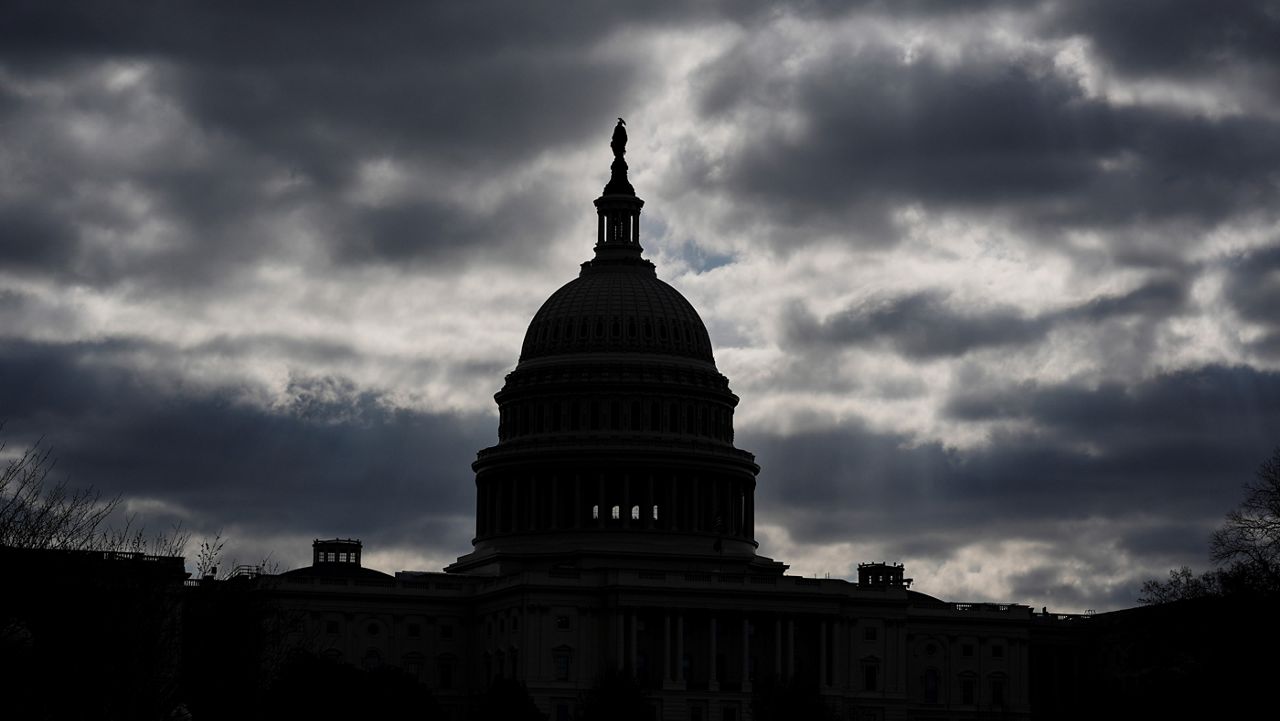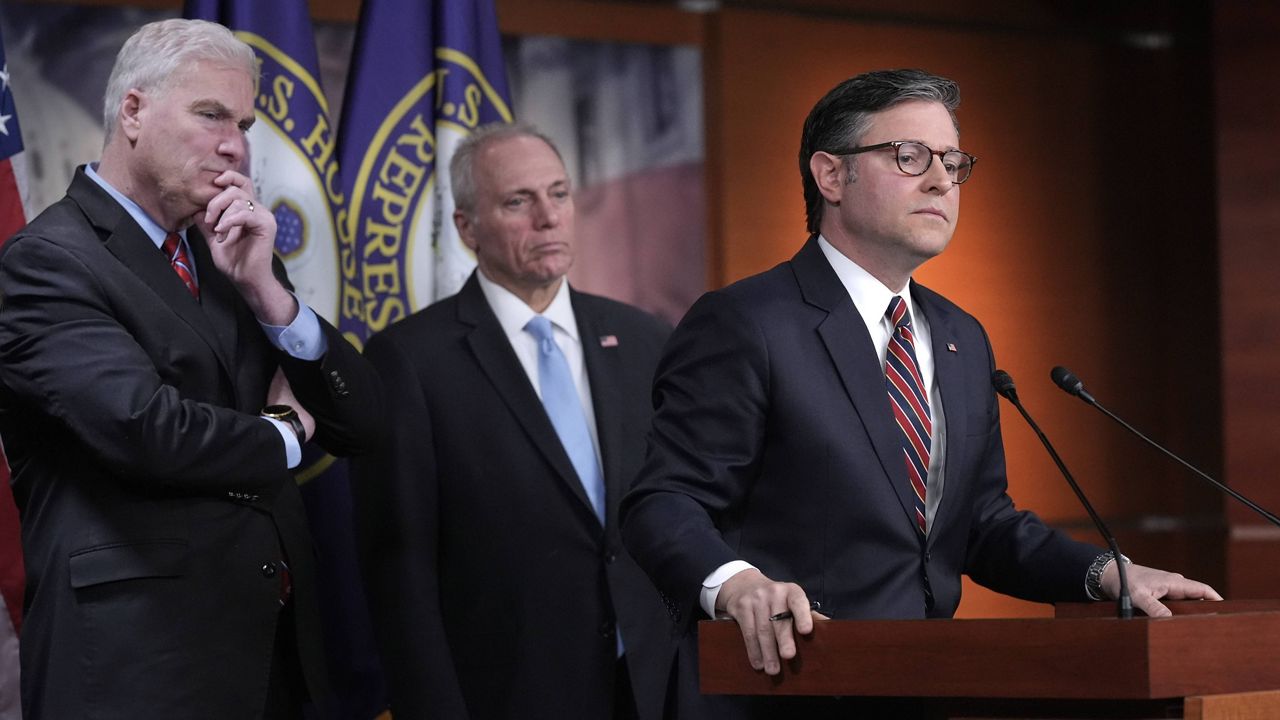The House of Representatives overwhelmingly passed a bill to fund the federal government through September ahead of Friday night's shutdown deadline.
The final vote on the $1.2 trillion measure, which combines six annual spending bills into one package, was 286-134. More Democrats (184) than Republicans (101) voted to pass the measure.
What You Need To Know
- The House of Representatives overwhelmingly voted to pass a $1.2 trillion spending bill to fund the government through September
- The measure now heads to the Senate, which could take time
- While lawmakers could miss the midnight deadline for funding the government, the practical impact would be minimal
- Both parties claimed wins in the spending process, though a majority of Republicans voted against the bill
While lawmakers could miss the midnight deadline for funding the government — action in the Senate could take time — the practical impact would be minimal. With most federal workers off duty over the weekend, and many government services funded through earlier legislation, the "shutdown" would mostly pass without incident unless matters dragged into Monday.
Lawmakers broke up this fiscal year's spending bills into two parts as House Republicans revolted against what has become an annual practice of asking them to vote for one massive, complex bill with little time to review it or face a shutdown.
It's taken lawmakers six months into the current fiscal year to get near the finish line, the process slowed by conservatives who pushed for more policy mandates and steeper spending cuts than a Democratic-led Senate or White House would consider. The impasse required several short-term, stopgap spending bills to keep agencies funded as negotiations continued.
The first package of full-year spending bills, which funded the departments of Veterans Affairs, Agriculture and Interior, among others, cleared Congress two weeks ago with just hours to spare before funding expired for those agencies. Now, lawmakers are considering the second package under a similar scenario.
Both parties claimed wins in the spending process. Republican leaders pointed to a defense spending increase of more than 3% as one reason Republicans should vote for it. More than 70% of the funding will go toward defense. The bill also funds a 5.2% pay increase for service members.
"At at time when the world's on fire, more than ever, we need to make sure that we are properly funding our nation's defense and supporting our troops," said House Majority Leader Steve Scalise, R-La.
But 112 Republicans voted against the bill, meaning that GOP leadership failed to garner the support of the majority of the conference.
The 1,012-page bill also funds the departments of Homeland Security, Health and Human Services, Labor and others.
Nondefense spending will be relatively flat compared with the prior year, though some, such as the Environmental Protection Agency, are taking a hit, and many agencies will not see their budgets keep up with inflation.
When combining the two packages, discretionary spending for the budget year will come to about $1.66 trillion. That does not include programs such as Social Security and Medicare, or financing the country's rising debt.
Democrats also claimed victories by saying they resisted the majority of cuts that Republicans desired.
"This is a good result for the American people in terms of standing up for their health, their safety, their education," said House Minority Leader Hakeem Jeffries, D-N.Y.
But 23 Democrats broke ranks with their party to vote against the measure, in part because of border provisions and the war between Israel and Hamas.
House Republicans were able to secure a provision that prohibits funding through March 2025 for the U.N. Relief and Works Agency, which is the main supplier of food, water and shelter to civilians in Gaza.
Republicans are insisting on cutting off funding to the agency after Israel alleged that a dozen employees of the agency were involved in the attack Hamas conducted in Israel on Oct. 7.








